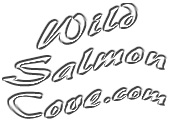Everyone has a COVID opinion, and in the fast and brutal world of viruses, how you manage opinions can mean the difference between life and death.
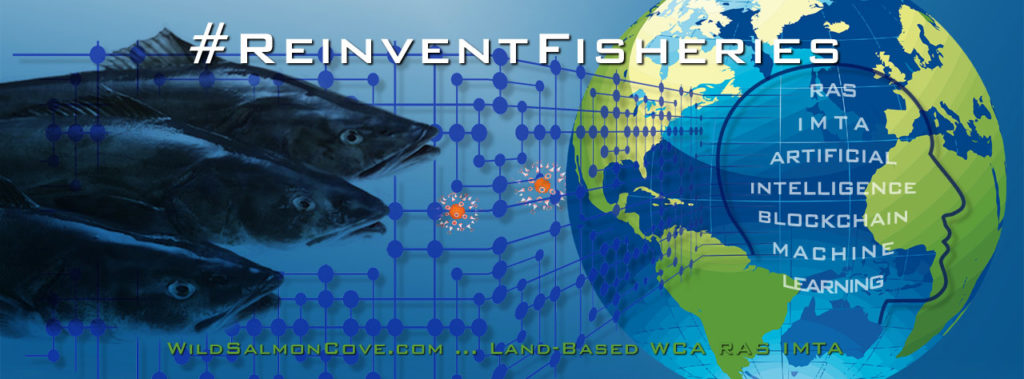
So … what have we learned so far about Covid-19?
We learned Covid is expensive – so much so that we may never return any time soon to where we were, although in some respects it might be a good thing considering the poor health of our oceans and sea life. While many businesses are on hiatus, and others are barely afloat waiting to see … we have an opportunity to improve our infrastructure and ideology, and #ReinventFisheries

In Vegas, when a recession hits and people don’t have MAD MONEY to gamble, casino owners tear down and reinvent!
Today in fisheries it’s about leveraging downtime to advance your technology. It’s time to learn what BIG DATA is all about, and how to leverage it to drive sales and efficiencies.
Odds are that we’ll invest huge sums of time and money normalizing our new normal, so be prepared for a marathon, not a sprint.
‘NORMAL‘ for fisheries, is a reflection of monopolies and oligarchs that wield considerable power over the entire seafood supply chain. Big companies exploit loopholes and also develop complex end-runs around regulations that hoodwink governments. Their machinations are multilayer and have been slowly and covertly built over decades. As a result of supplying these large enterprise monopolies, most independent fishers, craft fish farmers, and smaller processors haven’t had a reason to develop standalone supply chains to service local and/or international markets. Consequently, now, as Covid-19 pushes local digital marketing to the forefront, small and mid-size seafood companies are scrambling to catch up. It’s a steep curve, and the longer you wait, the harder it gets.
I also see way too many companies waiting for a return to normal, but that unfortunately, is highly unlikely.
Developing LOCAL markets, as we now see occuring at breakneck speed, provides opportunity for smaller independents, and spreads the wealth by reducing ownership concentrations.
We learned that fisheries everywhere are tethered on a thread, and that the entire industry in general is poorly structured and chaotically managed. A bump in the road like a pandemic causes global pileups and egregious carnage. It’s not a secret that almost every single country mismanages their fisheries. It’s easy to see on social media because fisheries around the globe all complain about the same core issues, which means that very few countries get it right. Collectively, we know what to do, but choose not to for many reasons, one being profit.
Basically, we all want more than to just survive, but sustainability is costly and an expense that EVERYONE in the supply chain has to share. Seafood is now so expensive we can’t continue to escalate the cost for consumers. Consequently, our industry has to become more efficient so we can carry the cost of sustainability. The first thing that has to go are extraneous steps. We need to streamline from water to plate, and use technology to do the heavy lifting. It’s time to reinvent distribution and think more aggressively about digital direct marketing.
From the outset of Covid-19, it quickly became apparent that the buzz phrase “New Normal” is useless. Besides, isn’t it rude and not PC to refer to anyone or anything as normal because it infers “abnormal”, as in “He’s abnormal because he suggests Lysol might be medicine.”
Instead of the New Normal, maybe we should call this first phase-Covid era, the New Different, or even better still, the Better Way, or even way better still, “The way we should have done things from the very beginning, but excessive corporate profitability ran amok.”
For every person who wears a mask, another won’t because they don’t understand the concept of erring on the side of caution.
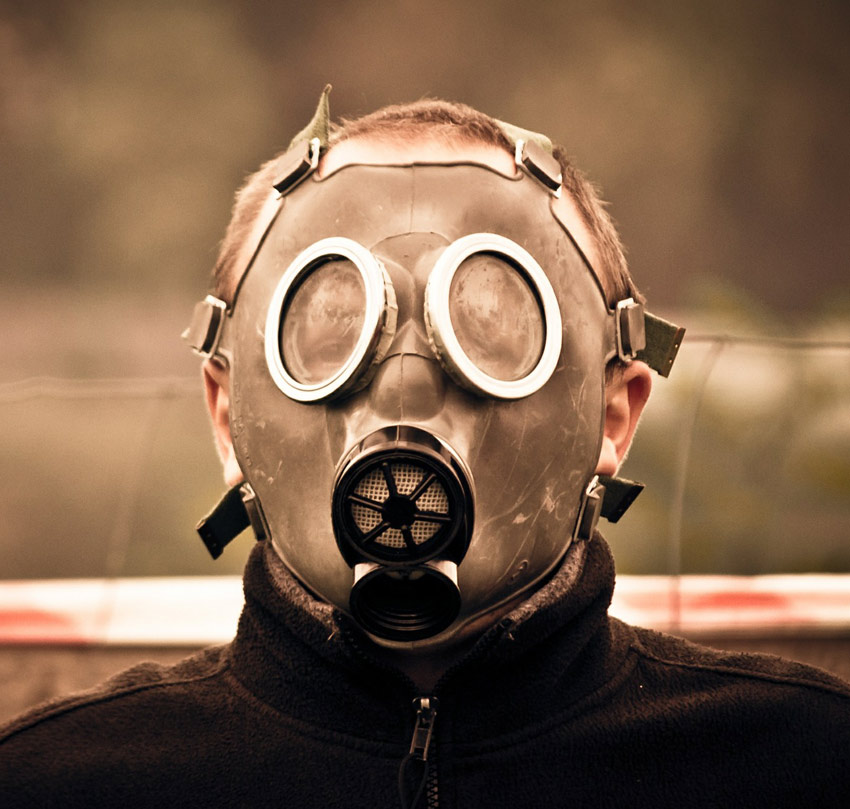
It’s not like masks are expensive, or overly uncomfortable, but protecting your own life and others does seem to infringe on some people’s sense of freedom.
Ironically, they choose to defend this right by recklessly risking their lives and others, meaning yours. They are essentially mask-less heroes for justice who take very deep breaths as they march and protest, and later go to jail or home, hoping for the best. We are only now starting to see the results of thousands massed together at a political rally in Tulsa – a group that has seen an increase in viral infections. Interestingly, so far the BLM protests haven’t caused a spike – good mask etiquette. Yes, there is a correlation, but I’m leaving it to you to figure it out.
We learned that Trump has one of the BEST CULTS, and that it’s HUMUNGOUSLY HUGE, even though his popularity is plunging in the polls.
We also think we’ve learned that after all is said and done, nothing will change unless we build even more momentum and compel civic leaders to act responsibly – “compel” being open to interpretation as evidenced by peaceful BLM protests that exploded into smash and grab orgies.
We also learned that the KKK is not officially a terrorist organization. Who knew? So why the hoods?
We learned, shockingly, that most consumers do not know what type of seafood they are buying or eating, and also that the seafood choices they make, have a direct impact on our oceans and climate. Consequently, we now know that EDUCATION is one of the BEST TOOLS to fight COVID, RACISM, and CULTS. Transparency, and tracking fish from water to plate will help too, a lot.
We also learned that regardless of what people say, Americans will inevitably do something else, like make seafood purchase-decisions first based on cost, and then secondly also on cost, the cheaper the better, and then finally, on cost again … in preference to sustainability almost every time. Big data tells us that consumers in America don’t yet care enough about sustainability, at least not enough of them do, to make a difference. The numbers are clear, we know it for fact, and learned that governments really, really, really, need to more EFFECTIVELY educate the public about what is truly sustainable, and what is marketing speak. If you think our current watchdogs are hitting the mark regarding sustainability, why are so many fish species still going extinct? It’s a simple question.
Interestingly though, the numbers in Europe are different and indicate that Euro consumers do in fact make better seafood purchase decisions based on sustainability.
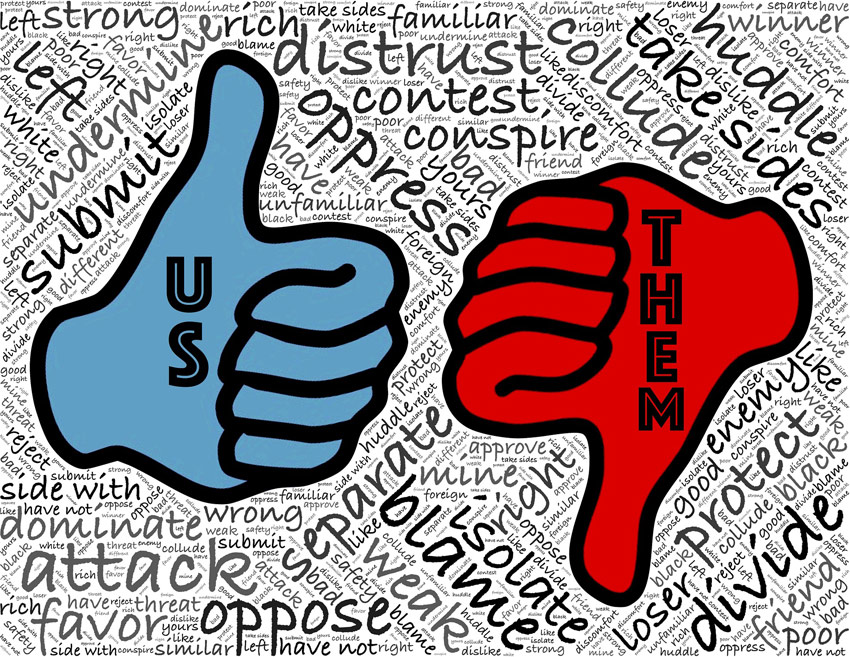
Some of us now know that being DIVISIVE is not what it’s cracked up to be, and that being collaborative, is way harder to do than it looks, but it’s still better than divisive when you’re fighting a deadly pandemic.
We learned, tragically, that seniors are expendable and that some political types feel seniors should volunteer to fall on the sword if they catch Covid. OK, I’m not so sure about this particular Covid lesson because I’m pretty sure my grandkids would object – I don’t have Covid, I’m just saying.
Long term care facilities should once again be called Old Folks Homes, because at least then we would be reminded that we are caring for humans, not fish, although in some places we take better care of fish than they take care of Grandma. It was a hard lesson and something we must follow through with, just like we must ensure racism is eradicated.
We’ve also learned not to touch our eyes, nose, mouth, and other orifices when out and about. Well, most of us have learned, but some like to live on the edge and play One Bullet Roulette – I also learned that associating suicide games of life and death with one specific country, is not cool. Sorry Russia. You don’t get to wear that badge of intimidation any longer.
We now know that those who didn’t vote for Donald Trump, were correct. And those who did, still don’t know why they need to wear a mask. It’s a Darwinian dystopia drowning in irony.
We learned that holding your breath in an elevator is only good for about five floors, and then you exhale explosively half way to six which results in having to take your deepest breath of the day in an environment where the Covid-19 virus can live and float around for up to three hours in the air, and for a day or three on hard surfaces like elevator buttons.
Who knew, apparently no one during the first two months. I’ve been taking the stairs though, from the beginning because it didn’t take long to realize that even the specialists didn’t know anything for certain, and most still don’t. Some expert opinions though, I do trust more than others.
We learned that being a leader, a true leader, means being able to trust the experts around you, and to delegate responsibility so you can do what you’re expected to do, which contrary to popular opinion, isn’t golf.
One of the most surprising things we’ve learned; Regardless of how many people are dying of Covid-19 related issues, there will always be companies, big or small that will quickly figure out a way to profit off the pain of others – and it’s sometimes the companies we know and love. Greed knows no bounds, which means that at the end of the day, everyone is on their own. Hopefully though, the 2020 pandemic will inspire collaboration over the long term and not just while we’re gasping in survival mode.
Some of us learned that fisheries people, for the MOST part especially in aquaculture, are technology-anemic. Many, who still can’t even use email properly, erroneously believe that somehow they will be able to manage a sophisticated small enterprise RAS IMTA land-based fish farming facility that utilizes artificial intelligence and machine earning tied to SCADA and oxygen monitoring networks. Not likely Captain. Land-Based fish farms are even more complex than the Starship Enterprise.
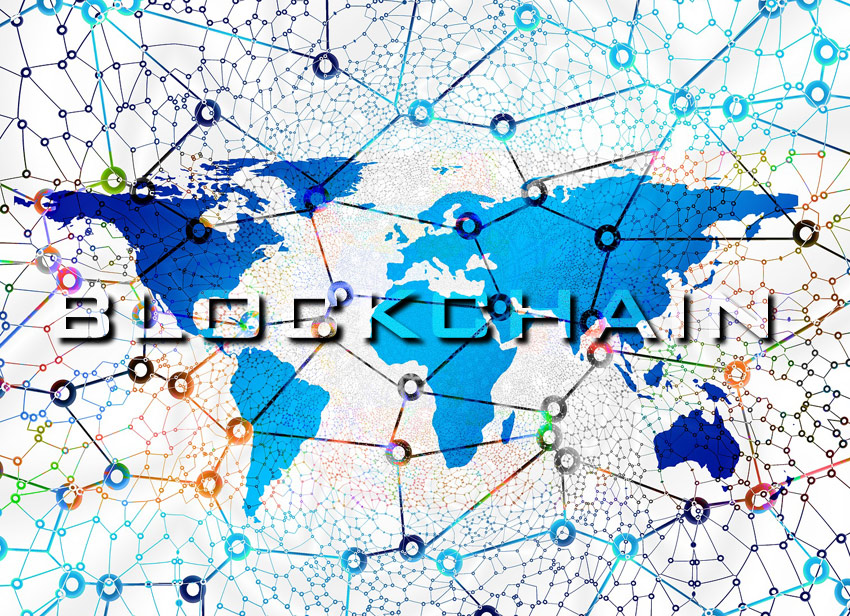
The reality is that Atlantic Sapphire is a technology company, and nothing like any farm we’ve ever seen.
It’s no longer the good old days where all you had to do was show up with a boat like a pirate and pillage until all the fish are gone. BTW, why do we continue to tolerate trawlers in this era – the amount of wasted by-catch is criminal.
We also learned that it will take tremendous WILL to develop what many still refer to as the NEW NORMAL, and that as soon as it looks like it’s possible to RETURN to the OLD NORMAL, many probably will because it’s profitable at scale for monopolies. Some however, thankfully seem to be evolving very rapidly, especially indies and restaurateurs.
Not only is the last mile to the consumer’s plate the hardest, the first mile in the fishing boat is pretty challenging too.
We learned, and this is exciting, that there is a LOCAL MARKET, and that if you develop and manage it properly it can be incredibly lucrative. Who knew? YOU would have, if it was in our industry associations better interests, but it’s not. Fisheries organizations, associations, councils and the like focus primarily if not exclusively on international markets where large seafood companies generate the highest profit. It’s business. Unfortunately, suppliers like fishers and farmers, who take the greatest risk and do the hardest work have little control over their destinies, and when the market crashes they sink with it, as evidenced by the slow motion covid death spiral some are currently experiencing.
If you are smart enough to already have LOCAL digital sales and marketing channels, CONGRATULATIONS!
For the other 95%, it’s time to *THINK TECHNOLOGY and reinvent how you operate.
We learned that there are too many BAD restaurants, and that we are way better home cooks than we imagined, plus it’s cheaper! We know because you’ve already shown us millions of your culinary creations, with captions like; Looks like crap, but tastes incredible! Hopefully, people will continue to cook at home, and that they will be brave and enjoy seafood more often than just on Friday.
Home cooks are just starting to learn that seafood is way easier and faster to cook than red meat or poultry.
Fish is also WAY MORE CLIMATE FRIENDLY to raise than beef, or pork, or chicken – the differences are insane!
I learned, unfortunately, that I’m inadvertently challenged regarding racism, and that being half-oblivious to inequality makes me ashamed and sad. I am now fully committed to regarding people and society in a new light and to also be more aware of my words and thoughts. Although I’ve never done it, I never realized how hurtful blackface is, and thought most people did it as a tribute, and that black people would see it that way. I thought black people liked Al Jolson and didn’t know blackface began in the U.S. after the civil war in order to demean and dehumanize people of colour. I also thought The General, that Bo drove, was a very cool car, but now I know. How come we’re not taught empathy and race history in schools? I formed a mental list of words and phrases to remove from my vocabulary, like Peanut Gallery, Uppity, Shuck and Jive, No Can Do, Grandfather Clause, Thug, and a long list of other words that I didn’t know had racist undertones or beginnings.
Every seafood lover in the world learned that major elements of the SEAFOOD SUPPLY CHAIN in almost every country are decrepit, outdated, and worst of all, secretive and corrupt. Backroom deals, fake sustainability, substituting fish for cheaper species, and corruption at all levels bobbed to the surface belly up when Covid hit. The worst tragedy occurred when we all discovered that seafood processing facilities are terrible and dangerous places to work because of outdated infrastructure, overcrowding, low pay, long hours and sporadic work. Shocker #2 is that it’s not any better on fishing boats either, or in the fields for migrant workers.
We learned that even though traditional fish farms were introduced decades ago as the darling that would save fisheries, it turned out to be the exact opposite. Open-net pen fish farming operations pollute the ocean and infect wild fish. Consequently the Prime Minister of Canada, Justin Trudeau, over the next several years wants to move all open-net pens on the west coast out of the ocean and transition Canada into land-based aquaculture farms. Needless to say, we soon learned that traditional fish farmers were not impressed and promised to fight the transition, calling it nonsense.
We also learned that when everyone is sinking, HATE isn’t a strong enough word for how people in the industry regard their competition. It’s brutal for small companies and independents, and many more would be dead without support from the government – some though, are already gone – permanently.
We learned that some people feel that because of Covid-19 and it’s disruption, today is a perfect time to fix all that is broken with fisheries – and they would be correct. Considering we’re currently not doing any substantial seafood business, now is the time to REINVENT FISHERIES and throw out all the negativity and bad business practices that harm the environment and sea life. It’s time to make systemic changes that will improve our industry and repair the oceans at the same time. Fisheries need to reinvent how we capture, raise, process, and distribute seafood. It’s time to educate the public so they know how to shop and recognize truly sustainable seafood.
It’s also a perfect time for the seafood industry to clear the confusion regarding the meaning of FRESH. For example, fish that is captured and slowly frozen on a commercial boat, then partially thawed at a local facility so it can be headed and gutted, and then frozen again so it can be placed on a boat to Asia where it once again is partially thawed so it can be filleted, and then put back on a boat to Canada where it is packaged, then distributed to grocers and displayed as FRESH or FRESH FROZEN … is NOT FRESH in any way, shape, or form.
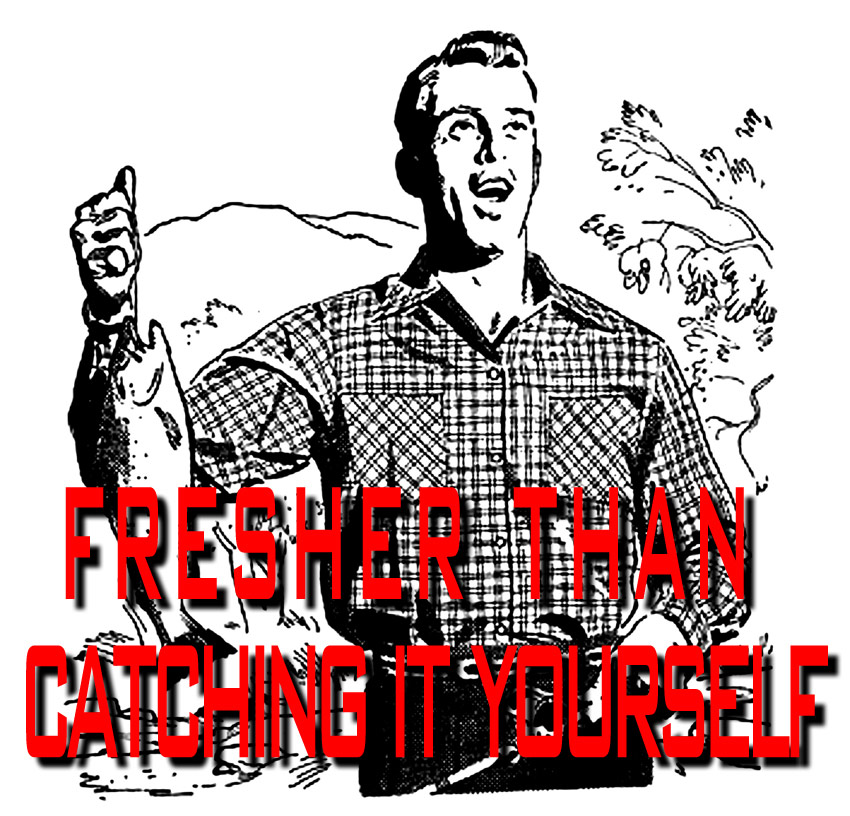
Marketing LOCAL helps solve the FRESH issue.
Technology also puts a fresh spin on seafood!
We also learned that no fisheries anywhere do enough to protect life in the ocean, and that they could and should do considerably more. Yes, we have organizations and associations that loudly proclaim sustainability, but they are third parties and not fisheries. They have zero power to ensure fish are not caught and marketed in an unsustainable manner. The best they can do, and it’s obvious now that it’s not enough, is recommend.
Covid taught us that humans cannot even be trusted to make decisions that are good for our personal health, let alone the health of oceans and fish species.
Finally, we learned that every aspect of fisheries and the seafood industry has to be better regulated and more closely monitored as if the oceans, its fish, and our lives depend on it.
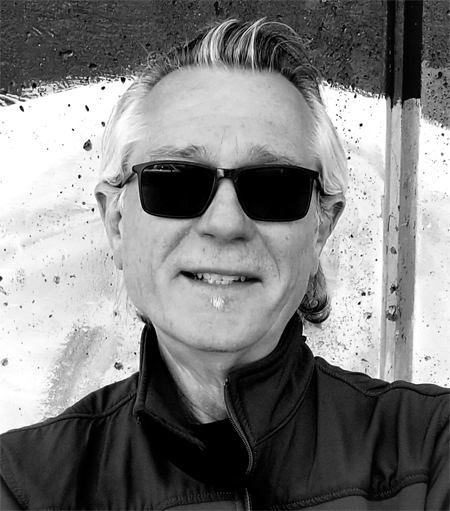
Maurice Cardinal has been a fisheries marketing and communications advisor and writer in British Columbia for almost a decade and has worked with leading organisations, NGOs, and governments in Canada and abroad.
